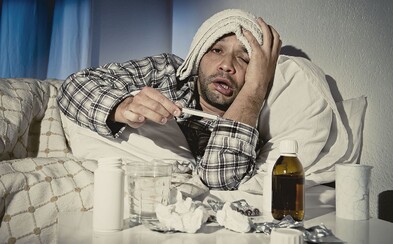 Ozempic can cause vision loss. A new study has shown a link between the drug and eye problems
Ozempic can cause vision loss. A new study has shown a link between the drug and eye problems
Ozempic can cause vision loss. A new study has shown a link between the drug and eye problems
Ozempic can cause vision loss. A new study has shown a link between the drug and eye problems
Take Control Of Ageing And Skin Problems. Tips On How To Achieve Radiant And Juicy Skin
We will look at harmful habits and explain how to create a skincare routine.
If problems persis, please contact administrator.
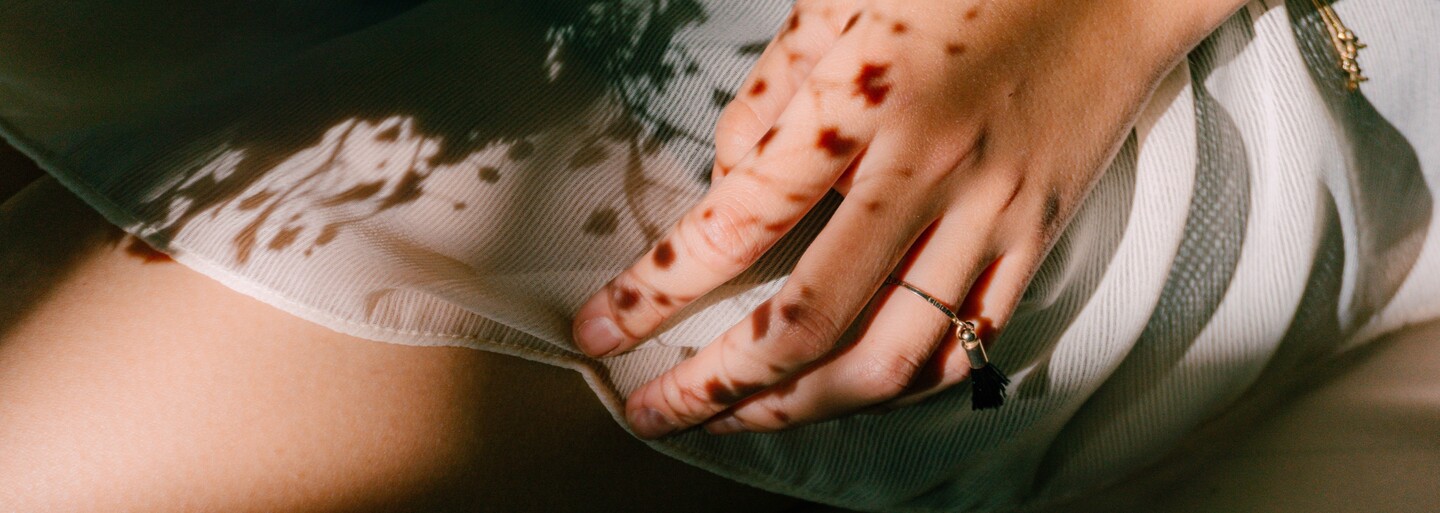
You deal with skin care all your life. In childhood it is scraped knees, in puberty acne and as get older wrinkles. What you see in the mirror is affected by your lifestyle and external environment. And whether you openly admit it or not, your overall health and appearance have an impact on how you feel.
Collagen is a type of protein that occurs naturally in your body, found in your bones, muscles and blood, and makes up three-quarters of your skin. Thanks to colagen, your joints move without problems, the skin retains elasticity, nails are stronger and hair is thicker. With growing age, its production in the body naturally decreases, which your body reflects accordingly. If your knees, dry skin and the first wrinkles start bothering you in your thirties, low colagen may be the culprit.

Habits that are destroying your skin
In the morning, you look in the mirror and are immediately awakened from half-asleep by a red pimple on the tip of your nose. You have a date tonight, and yet can't come as Rudolph the reindeer. You know you shouldn't, but you have to pick it. Zero experience in dermatology can cause a bloody massacre to take place on your nose in a matter of seconds.
Trapped oil, sebum and bacteria cause pimples. They are uncomfortable and can take a toll on your self-esteem, but never pick at them at home. You disrupt the healing process and the released fluids "infect" the surrounding skin with bacteria, which increases the risk of further pimples. In addition, you can create small scars with your unprofessional intervention.
How many things do your hands touch during the day? The skin barrier must constantly fight against adverse influences from the environment, and by frequently touching your face, you add extra dirt and bacteria. Always wash your hands well before your skincare routine. Unfavorable factors also include hot water. If your skin is dry after a shower, you should lower the temperature.

You purse your lips, take a drag and exhale a small ring of smoke. This repeated movement is literally written into your face - in the form of wrinkles. Smoking weakens the tiny blood vessels found in the outer layer of the skin, which reduces blood flow and deprives it of oxygen and important nutrients.
Quality and regular sleep is one of the best beauty hacks that doesn't cost you an extra penny. Sleeping Beauty could talk. The National Sleep Foundation recommends that adults sleep 7 to 9 hours a day. According to experts, chronic lack of sleep is not only related to obesity and reduced immunity, but research has shown that sleep quality can have a significant impact on skin barrier function and the aging process. Symptoms include flabby and dry skin, drooping eyelids or dark circles under the eyes.
Sleepless nights contribute to an increase in the level of cortisol, also known as the stress hormone. According to research, the risk of developing acne is increased by up to 23 percent in young people who regularly experience high levels of stress. Researchers hypothesize that stress increases sebum production, resulting in clogged pores and inflammation.
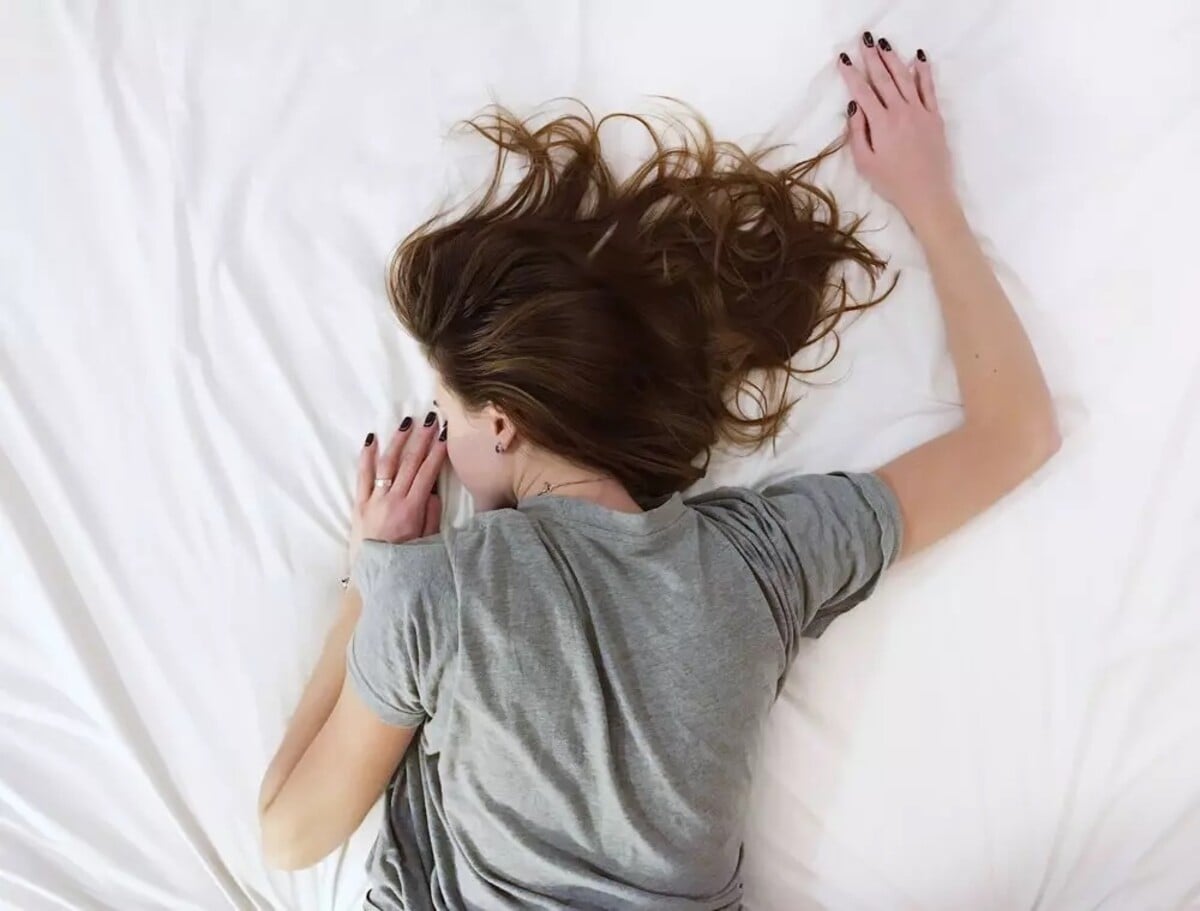
Build a routine
A well-set routine should effectively solve skin problems and bring it to a healthy and functional state. Start approaching it as a personal ritual that begins and ends your day. Build skincare on three basic pillars:
- washing,
- repair,
- protection.
Before we explain the individual points, let's remember one important fact. Medicine is constantly advancing, but it has not yet created a miracle product that will fix your problems immediately. Visible results with most products are seen with regular and consistent use, usually after six weeks.

Washing
Forget about falling asleep with makeup on, even the best products on the market won't save you if you regularly commit this crime. After you have thoroughly removed your face make-up, wash your face some more. An effective routine begins with proper washing in the morning and in the evening. It is up to you whether you use a gel, foam or emulsion, it is important that the product gently removes impurities and does not dry out the skin (be careful of the composition with alcohol and perfume). Once a week you should also use a gentle peeling, but avoid products that contain microplastics or crushed walnut shells.
Repair
When treating skin problems, a quality serum or cream is your best friend. Well-mixed "potions" are packed with concentrated doses of active ingredients and can alleviate a host of problems, from dark spots to premature aging. Beneficial substances include:
- Hyaluronic acid - naturally attracts water, hydrates and helps strengthen the skin's protective barrier.
- Vitamin C – helps brighten skin and reduce dark spots.
- Retinol, vitamin B3 and peptides – stimulate the production of collagen and elastin. These are proteins that help prevent wrinkles and sagging.
- Niacinamide – soothes redness and irritation.
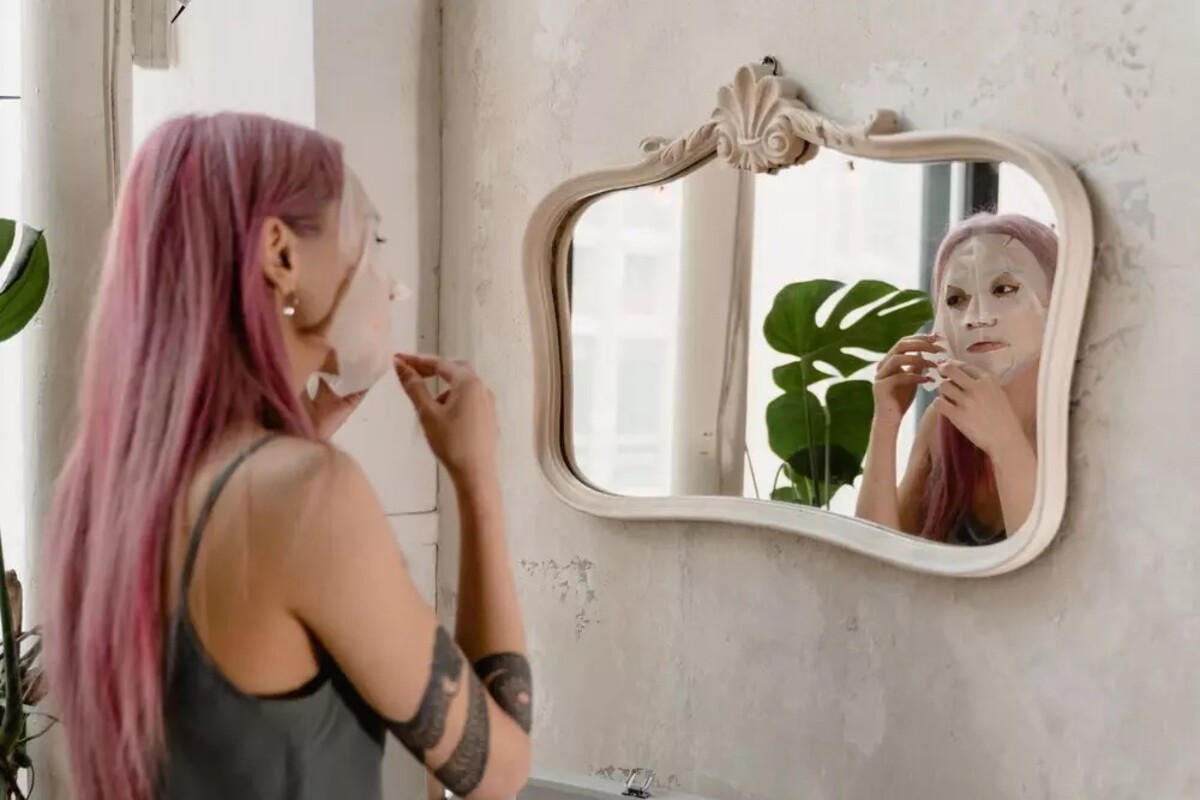
Be careful, though, acids and serums are effective, but they are not suitable for everyone, especially in the beginning they can irritate the skin. Start with products with a lower concentration, and when your skin gets used to it, you can "bring out the bigger guns".
In addition, keep in mind that each component requires a different use and not all of them can be combined with each other. For example, retinol and the sun are not friends, so it should only appear in your evening routine. On the contrary, it is better to use products with antioxidants in the morning, because they provide additional protection against adverse effects from the environment (sun, dust, bacteria).
Serums and creams contribute to the renewal of the skin only on the surface, you can improve its condition from the inside as well, with a healthy diet and supplements. As we have already indicated, the elasticity of the skin is affected by collagen, which your body can naturally create, but this production decreases with age. According to a scientific study, it visibly improves the elasticity and hydration of the skin and slows down the formation of wrinkles. You can receive it:
- in a healthy and balanced diet - fish, poultry, meat, eggs, dairy products, legumes and soy,
- in pure form as a vitamin supplement,
- in a cosmetic product – it only works from the outside.
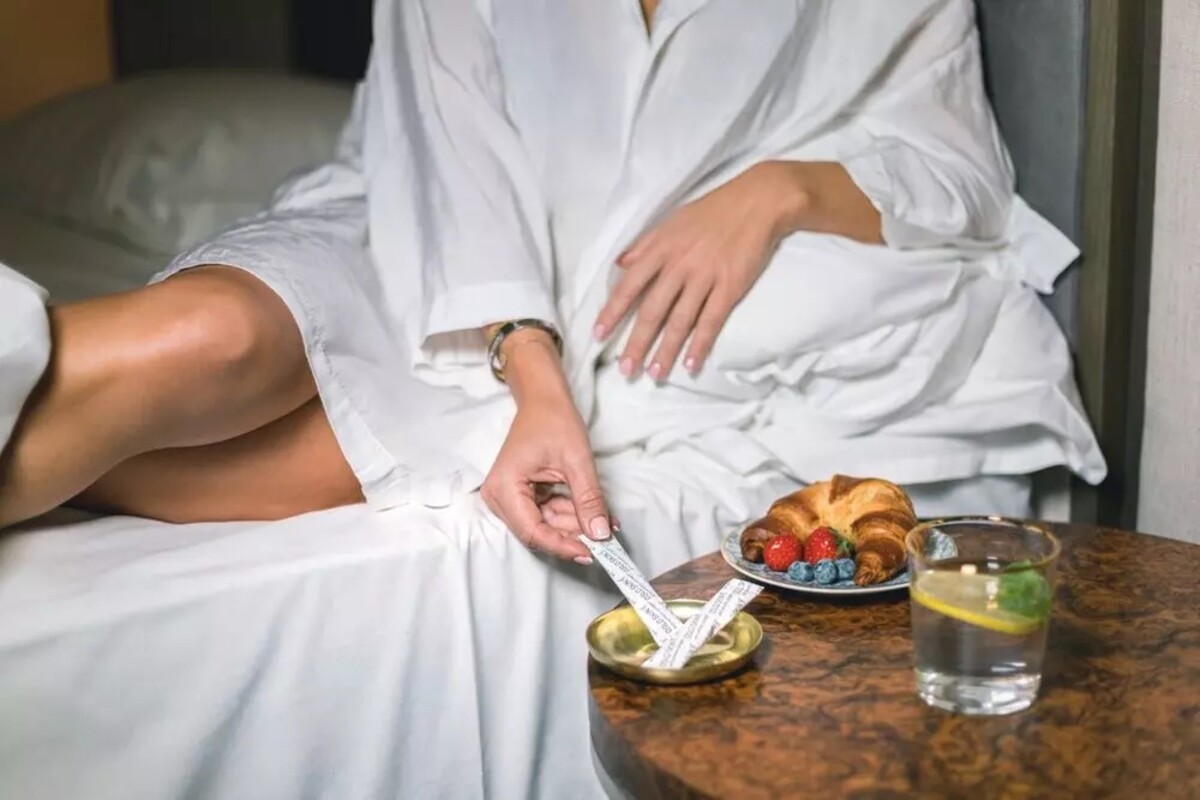
Protection
Protecting the skin from the sun is a year-round obligation. Dangerous UV radiation affects your skin even during the winter months, which is why a cream with SPF should become a mandatory part of every routine. Regular use of a cream with a protection factor of 30 can prevent the development of certain types of skin cancer, helps prevent the appearance of fine lines and pigment spots.
For sun protection to be effective, apply the cream to your face at least 30 minutes before going outside and reapply at least every two hours.

Healthy and beautiful skin suits everyone. Skin care is a very personal thing, so keep in mind that what works for others may work for your skin. Try to understand your skin and consult an expert about its needs.
If problems persis, please contact administrator.




